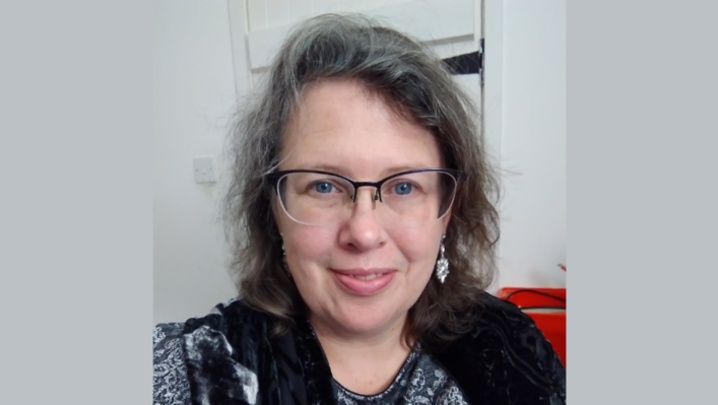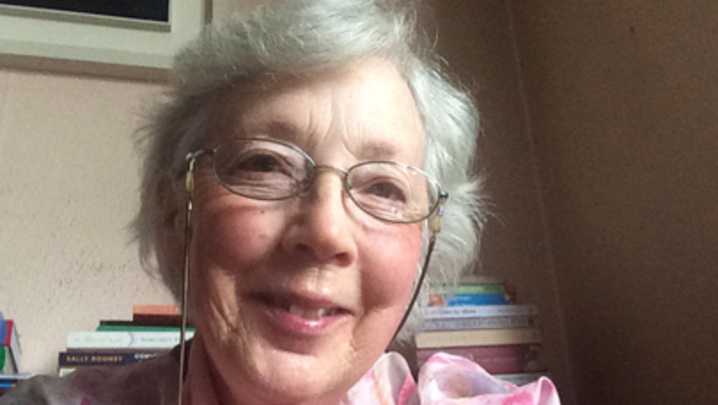Phil Henfrey describes how ITV Cymru Wales’s focused approach to covering the crisis has paid off
When Dr Frank Atherton, Wales’s chief medical officer, said in late April that the pandemic curve had not just been flattened, but squashed, it was reassuring on two levels: it signalled to viewers that the Welsh NHS appeared to be over the worst of Covid-19 and it also suggested that our editorial strategy was working.
Dr Atherton had given a number of interviews to various media outlets that day, but only ITV Cymru Wales viewers heard his seminal statement that the Welsh Government’s lockdown measures had “squashed” the virus in Wales.
From the beginnings of this medical emergency, we set out to do live, in-depth interviews with the key decision-makers and frontline workers in our flagship evening news programme, Wales at Six.
This has not meant giving those in authority a free platform. Our role is to scrutinise. Extending the time for the interview results in fewer interruptions and more room for delivering information that is hugely important to the lives of our viewers. And which, due to devolution, can sometimes be at odds with what is happening elsewhere in the UK.
As the most-watched peak-time television channel in Wales – and as a national public service broadcaster – our teams of journalists, production staff and programme-makers have a clear and vital role to play in this crisis: to tell the story of what’s happening in Wales accurately and impartially.
I could not be more proud of the way our teams have responded. Without doubt, they are our greatest asset.
The transition from normal office-based production to home working was unprecedented, swift and essential. Everyone understood that, to keep staff safe at our Cardiff HQ, the majority of us would have to be productive at home.
Within hours, colleagues, who were already multiskilled, were combining their expertise with mobile and other technologies to keep the show on air. One – our health reporter, James Crichton-Smith, who was self-isolating at the time – even commandeered a bath towel to use as a makeshift blue screen for his home-edited, graphic explainer.
Today, 85% of our team are routinely working from their homes and producing daily national news for Wales in bulletins that run from Good Morning Britain to after News at Ten.
Alongside news, our current affairs teams have innovated quickly to reformat two programmes that can remain on the air for as long as the story needs. Wales This Week is broadcast in the heart of ITV peak time each Thursday evening while Y Byd Ar Bedwar (World on Four) is produced for Welsh-language channel S4C. Both programmes are gaining access and providing insights that can sometimes be harder for the daily news cycle to provide.
Our digital team was also quick to find its stride. It was the first to stream the Welsh Government’s daily press briefing to our website and social media channels.
Again, the emphasis is to take the time to explain by creating in-depth packages that bring together video, graphics and the written word. The aim is to help make sense of this crisis for new and younger audiences, who want trusted news on new platforms. The reward has been a massive 500% increase in users, year on year.
The relative weakness of the indigenous Welsh news market can result in people who live in Wales relying on media sources that carry little, if any, Welsh content.
Ofcom research shows that people trust ITV in Wales above all other commercial media. During a crisis like this, where the devolved administration is playing such a pivotal role in the life of everyone in Wales, what all the public service broadcasters in Wales are doing right now really does matter.
Phil Henfrey is head of news and programmes at ITV Cymru Wales.




